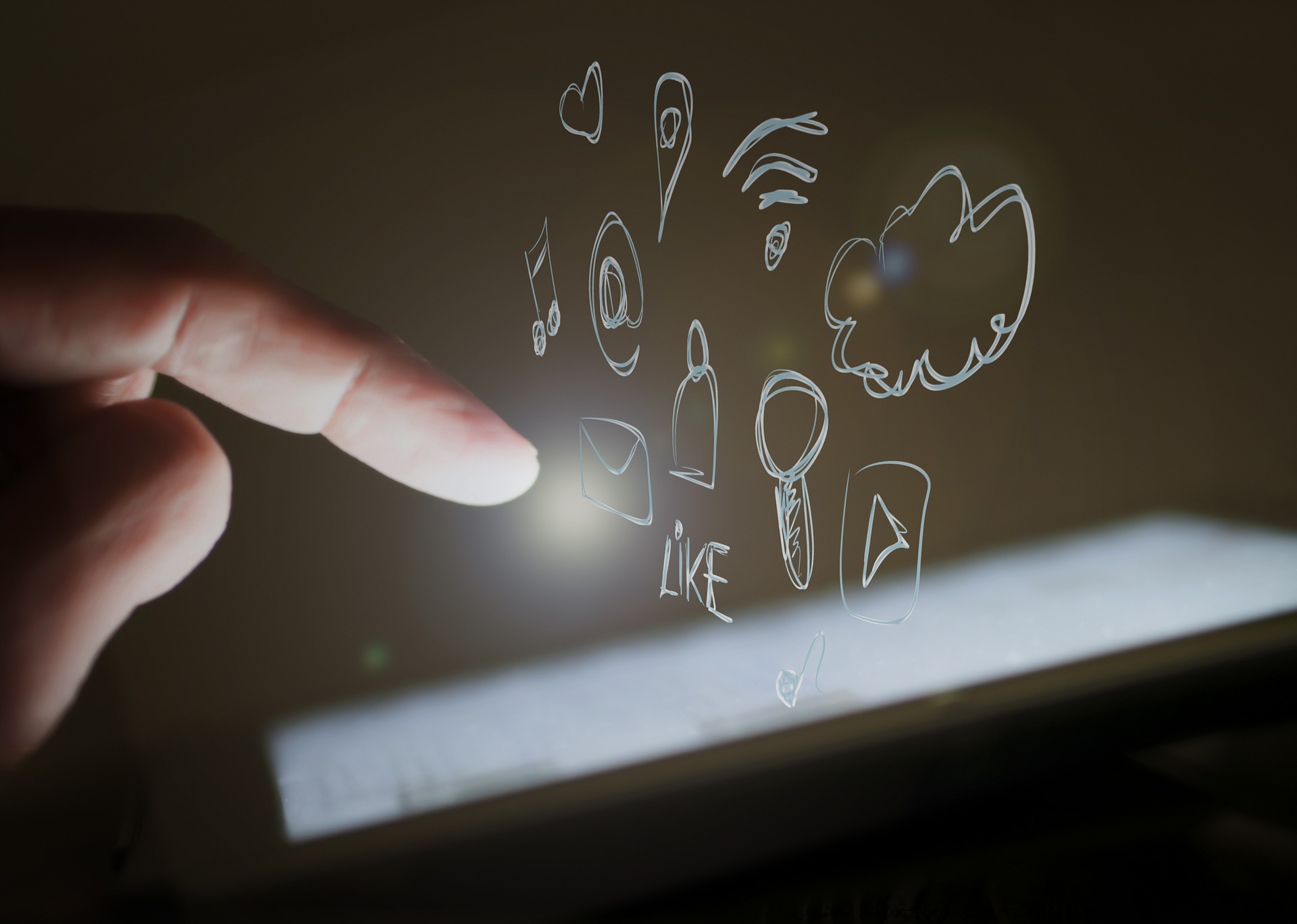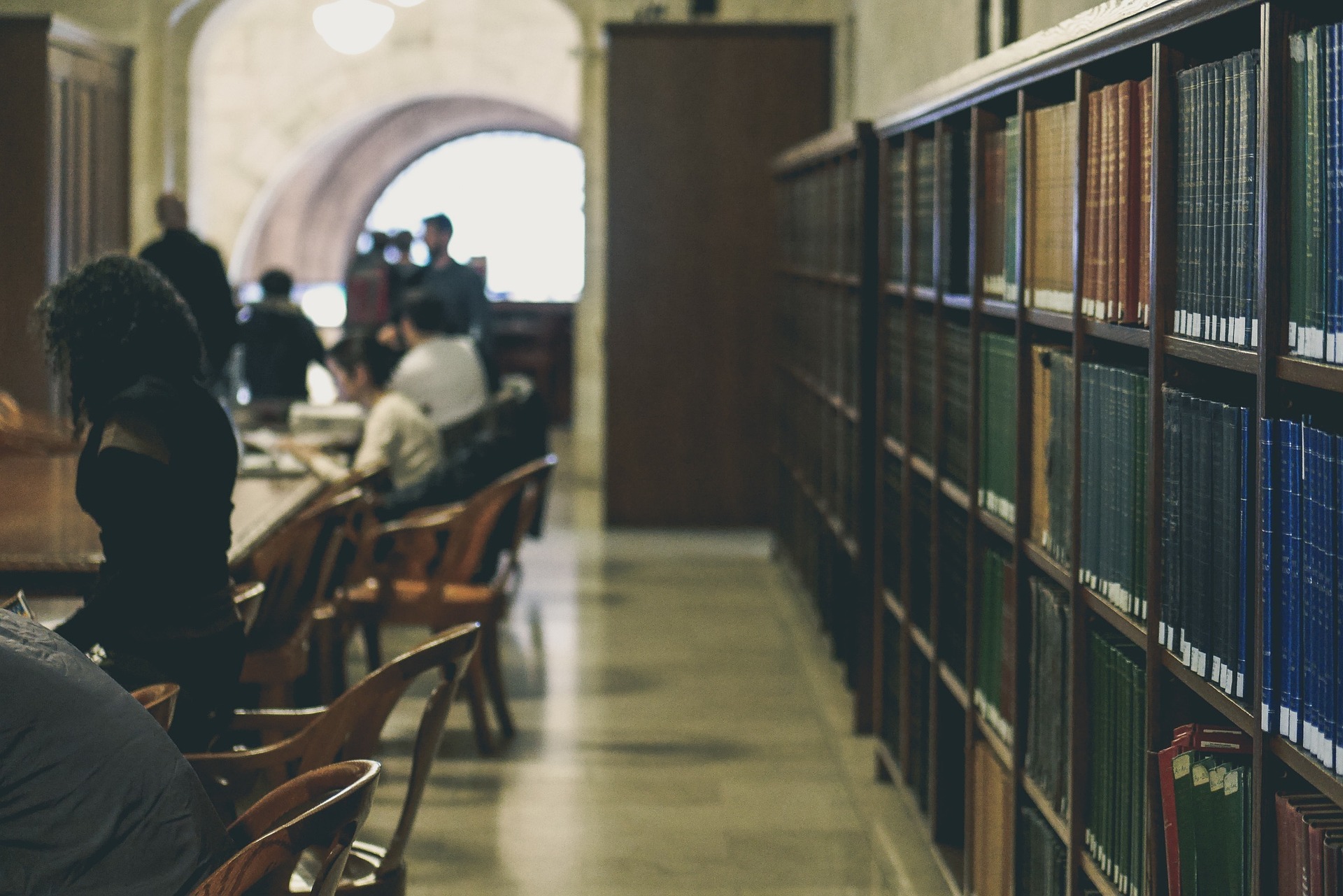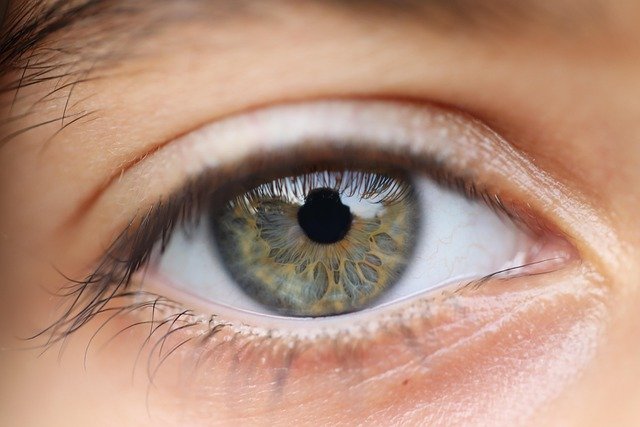A Fresh Look at Intellectual Property Law: The Emergence of AI Creations
In a world increasingly dominated by technologies like Artificial Intelligence (AI), legal frameworks are racing to keep pace. One area of law that is in the spotlight is Intellectual Property Law. This article delves into the challenges faced by IP law in light of AI-generated content and the legal discussions that have arisen.
A Brief History of Intellectual Property Law
Intellectual Property Law (IP law) has a rich history that dates back to the 18th century. It was designed to protect the rights of inventors and creators, encouraging innovation by promising exclusive rights over their creations. Over time, IP law has evolved, adapting to technological developments and societal changes. However, the emergence of AI-generated content presents unprecedented challenges.
AI and Intellectual Property Law: The New Frontier
AI systems are now capable of generating creative content, such as artwork, music, and literature. These creations, while stemming from human-programmed AI, blur the lines of authorship. Traditionally, IP law has required a human author for copyright protection. Can AI be considered an author or inventor under existing laws? This question has sparked heated debate among legal experts.
Recent Developments: The DABUS Case
A landmark case in this regard is the DABUS case. DABUS, an AI system, was listed as the inventor of two patents. Initially, patent offices rejected the applications, citing the requirement of a human inventor. However, in a groundbreaking decision in 2021, the South African Patent Office granted a patent listing DABUS as the inventor. This decision has sent ripples across the global IP law community.
Potential Implications and Impact
The implications of AI as authors or inventors are far-reaching. If AI can hold patents, who would be responsible for infringement? If AI-generated content is unprotected, how would this impact the AI industry’s growth? These questions require careful consideration and innovative legal solutions.
Towards a Future-Ready IP Law
As the world moves into an AI-driven era, it’s clear that IP law must evolve. Several proposals have been put forth, such as creating a new category of AI-generated works or assigning rights to the AI’s human operator. Regardless of the chosen path, these discussions underscore the need for laws that can adapt to rapidly changing technology landscapes.
In conclusion, the intersection of AI and IP law is a testament to the dynamism of our legal system. As we continue to grapple with these issues, it’s clear that the future of IP law will be as innovative and exciting as the technologies it seeks to regulate.





